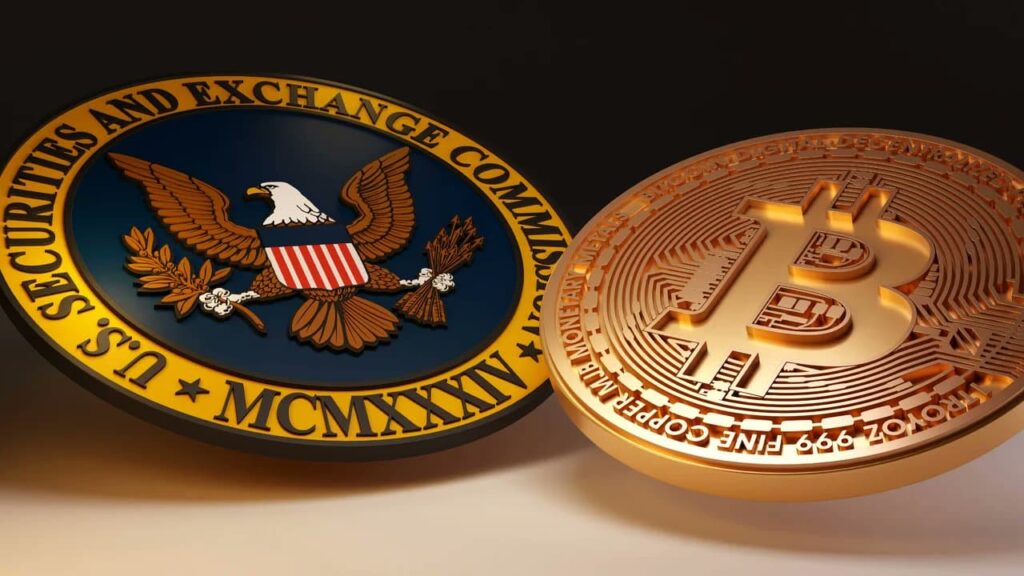Congressman Ritchie Torres chastised the US SEC for misusing the SAB 121 rule, which defies generally accepted accounting principles.

Crypto custody service providers are under increasing pressure from the U.S. Securities and Exchange Commission (SEC) to disclose their assets on balance sheets, citing the controversial SAB 121 accounting rule.
U.S. Congressman Ritchie Torres has criticized the SEC, arguing that the regulator is misapplying the rule and violating fundamental accounting principles.
Is the US SEC Misusing SAB 121?
The Staff Accounting Bulletin 121 (SAB 121), introduced by the SEC in March 2022, has stirred controversy in the crypto industry.
The rule mandates that crypto companies record customers’ crypto holdings on their balance sheets as liabilities.
The SEC has enforced this requirement, making banks more vulnerable to additional regulatory scrutiny.
Rep. Ritchie Torres has strongly opposed the SEC’s enforcement of SAB 121, asserting that the policy conflicts with Generally Accepted Accounting Principles (GAAP).
He also accused the SEC of stifling innovation by discouraging experimentation with blockchain technology. Torres remarked, “There is something profoundly un-American about banning innovation.”
Many within the crypto industry have condemned U.S. regulators for their heavy-handed approach, particularly in targeting banks with strong crypto ties.
One notable casualty of this crackdown was Silvergate Bank, which collapsed after facing pressure from the Fed, FDIC, and others as part of Operation Choke Point 2.0.
A directive from the Federal Reserve to reduce crypto-related deposits to less than 15% of Silvergate’s business significantly contributed to its failure.
Banks Navigating Crypto Custody Amid Scrutiny
Major players are still entering the market despite the SEC and Federal Reserve issuing cease-and-desist orders to several banks providing crypto custody services.
Recently, the United Texas Bank was given a 90-day period by the Federal Reserve to meet Anti-Money Laundering (AML) standards.
Questions have arisen over why the regulator is targeting federally regulated banks while crypto custodial services are increasingly being consolidated among fewer institutions. However, big financial players are not deterred.
On Friday, BNY Mellon, a banking giant, secured approval to offer crypto custody services after overcoming SAB 121 challenges, reportedly receiving an exemption from the rules. This development could potentially encourage more banks to follow suit.
